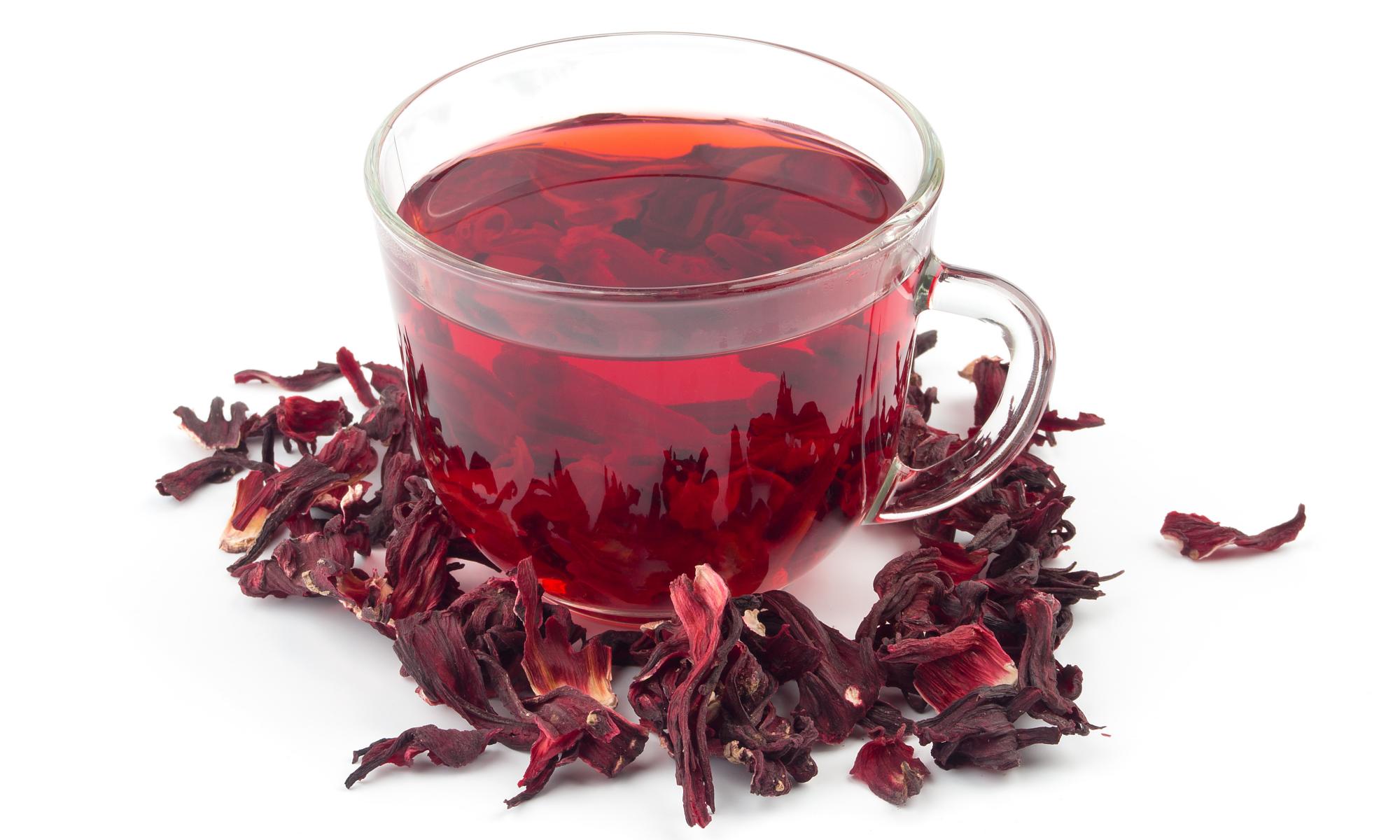Polyphenols: the natural chemicals that could give you a small waist, healthy heart and low blood pressure

There's a new buzzword making the rounds in the health community: polyphenols. Scientists have been studying these plant compounds for years, and now the general public is also talking about them - and it's all for a good cause.
Studies are finding that consuming a diet rich in these beneficial natural compounds brings about a range of health benefits, including reducing the risk of heart and metabolic problems and neurodegenerative conditions like Alzheimer's disease.
Research also suggests that consuming a higher amount of polyphenols may help to slow down the signs of skin ageing and reduce waist circumference.
Compounds called polyphenols, often mistakenly referred to as phytonutrients, are naturally produced chemicals within plants that safeguard them from dangers like insects and sunlight. It appears these same compounds offer protection when we consume them as well.
are excellent sources.
There are numerous types of phytonutrients – it's likely that we still have yet to uncover them all – including things like resveratrol in red wine, ellagic acid in walnuts and catechins in tea. Furthermore, one particular ingredient can contain multiple phytonutrients, for instance, tomatoes contain a selection of polyphenols (flavonoids and flavanones) as well as carotenoids (lycopene, phytoene and beta carotene).
Studies have shown that they all contribute to our well-being in distinct ways. "The flavanols in cocoa have been found to be associated with a lower risk of heart attack and stroke," says Dr Federica Amati, head of nutrition at health science app Zoe and a research fellow at the School of Public Health, Imperial College London. "The catechins in green tea have been observed to have a positive impact on metabolism, waist measurement, and body mass index. I also have a strong interest in the research on the polyphenols found in hibiscus, which has shown it can help to lower blood pressure."
She is quite enthusiastic about polyphenols, noting that they reveal the intricate nature of the plants we consume. "Plants present us with not just fibre and vitamins, but an extensive range of compounds with a positive influence on our health."
Daniele Del Rio, a professor of human nutrition at the University of Parma in Italy, remarks: “Several observational studies have demonstrated a link between a higher intake of dietary polyphenols and a lower risk of a variety of chronic conditions.” For instance, one study discovered that people who consumed diets rich in polyphenols had a 46% reduced risk of developing heart disease compared to those who ate the least.
It appears research suggests that consuming polyphenols can enhance blood circulation to the brain and decrease inflammation in the body, which is why they're considered a possible aid in fighting neurodegenerative diseases.
However, our grasp of precisely how these compounds function is not yet comprehensive.
“Mechanisms of action in the human body are yet to be fully understood, and many researchers are currently looking at the problem from the wrong angle, ignoring how these compounds undergo significant changes once inside the body,” says Del Rio. “There is still a considerable amount of research required.”
Research indicates polyphenols may be beneficial because our gut microbes feed on and break them down, transforming them into more easily absorbed metabolites that provide support to the body. In collaboration with colleagues at the University of Plymouth and the University of Glasgow, Dr Del Rio has demonstrated that our gut microbes process polyphenols into "smaller, more absorbable compounds" that aid our body's overall wellbeing. "This study has opened the door to further research into the specific ways in which these substances defend us," he notes.
To be honest, it's probably true that a renewed public enthusiasm for gut health has brought polyphenols back into focus. "A massive surge in interest happened in the 90s, mainly concerning red wine and the 'French paradox', which sparked a great deal of research into the polyphenol resveratrol," says Amati.
With growing recognition of the pivotal role microbes in the gut play in our overall health, and an awareness of how our diet impacts well-being, polyphenols are once again a key area of interest.
According to health professionals, it would be beneficial to maintain a diet consisting of an array of plant-based foods to achieve a broad intake of phytonutrients. This entails consuming a variety of fruits, vegetables, legumes, whole grains, nuts, seeds, herbs, and spices.
According to microbiome specialist Emily Leeming, herbs and spices are among the most concentrated sources of polyphenols. "Cloves contain an impressive 16,000mg of polyphenols per 100g, while cinnamon has 9,700mg per 100g." It shouldn't break the bank, though. "Wild blueberries, often touted for their polyphenols, contain a relatively modest amount at 650mg/100g - seven times less than black beans, which clock in at 4,800mg/100g."
Del Rio has been captivated by "incredible molecules" since starting his PhD research 23 years ago. "Once I began investigating them, I made it my mission to continually explore their chemistry and their impact on human health. Undoubtedly, there is currently a lot of enthusiasm surrounding the subject, and some researchers are eager to exploit this interest to push out simplistic, or what I consider to be 'low-hanging fruit', type science, which isn't genuine research."
“Nonetheless, provided they are thoroughly researched, I believe polyphenols have the potential to show us innovative ways to cultivate a healthy lifestyle and wellbeing through a well-balanced diet. They are unlikely to be the silver bullet for solving chronic diseases, but they may most definitely play a role in the prevention of chronic conditions.”
Post a Comment for "Polyphenols: the natural chemicals that could give you a small waist, healthy heart and low blood pressure"